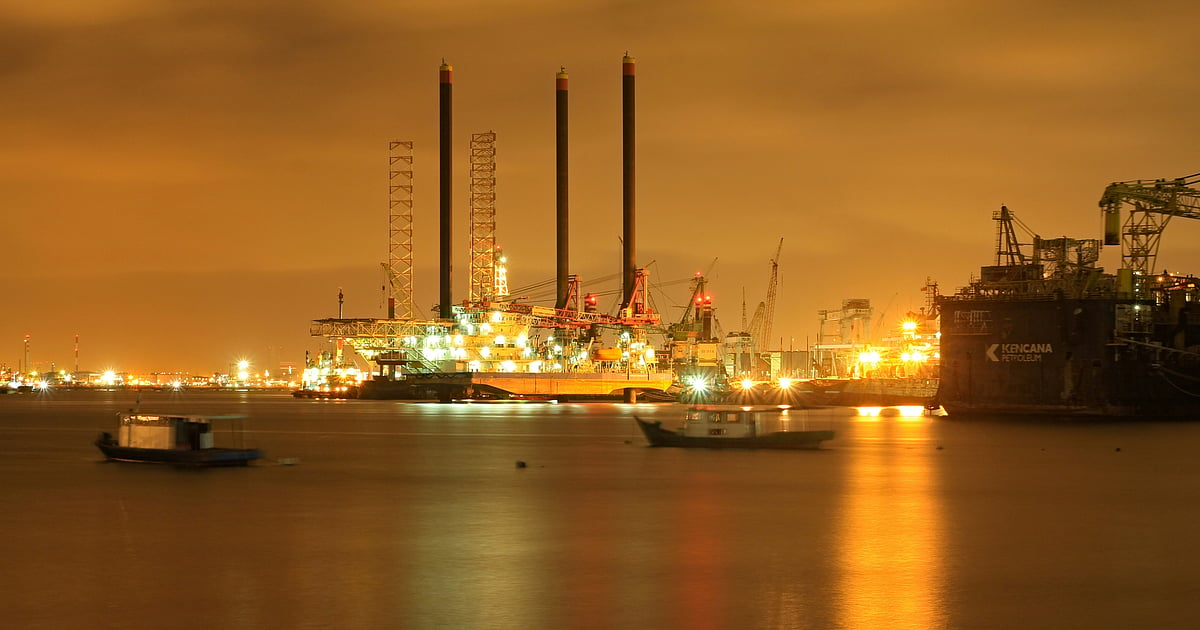Iran’s parliament has officially decided to block the Strait of Hormuz, following the United States’ engagement of its nuclear targets. This decision will likely have immense consequences for global trade, as the Strait of Hormuz accounts for 27% of the world’s oil trade and 20% of the trade in liquified natural gas.
The Strait lies between Oman and Iran, linking sea passages from Gulf countries – Iraq, Kuwait, Saudi Arabia, Bahrain, Qatar, and the United Arab Emirates – with the Arabian Sea and beyond.
Qatar, the world’s largest exporter of LNG, sends most of its LNG through the strait. In 2024, Qatar exported 77.2 million metric tonnes of gas – 19% of its total exports.
India’s oil and gas imports too are expected to be significantly affected. According to data available, India imports about 38% of its oil and 52% of its LNG needs through the strait.
Out of India’s 27.5 MMT LNG imports, 14.3 MMT comes from UAE and Qatar. Similarly, out of India’s 5 million barrels per day oil imports, the Strait of Hormuz accounts for 1.9 million barrels.
Earlier today Press Trust of India quoted sources saying that India had upped the import of oil from Russia this month, anticipating such disturbance.
At a recent press briefing, Petroleum and Natural Gas Minister Hardeep Singh Puri said that India had enough reserves available at this point. Any blockage or stoppage of traffic at the Strait of Hormuz could create some anxiety, he said last week.
Currently, India has options to increase its crude oil sourcing further from Russia, Africa, US and Saudi Arabia (via the Red Sea).
Apart from oil and gas, the Strait of Hormuz is also a key passage way for transport of other dry goods.
